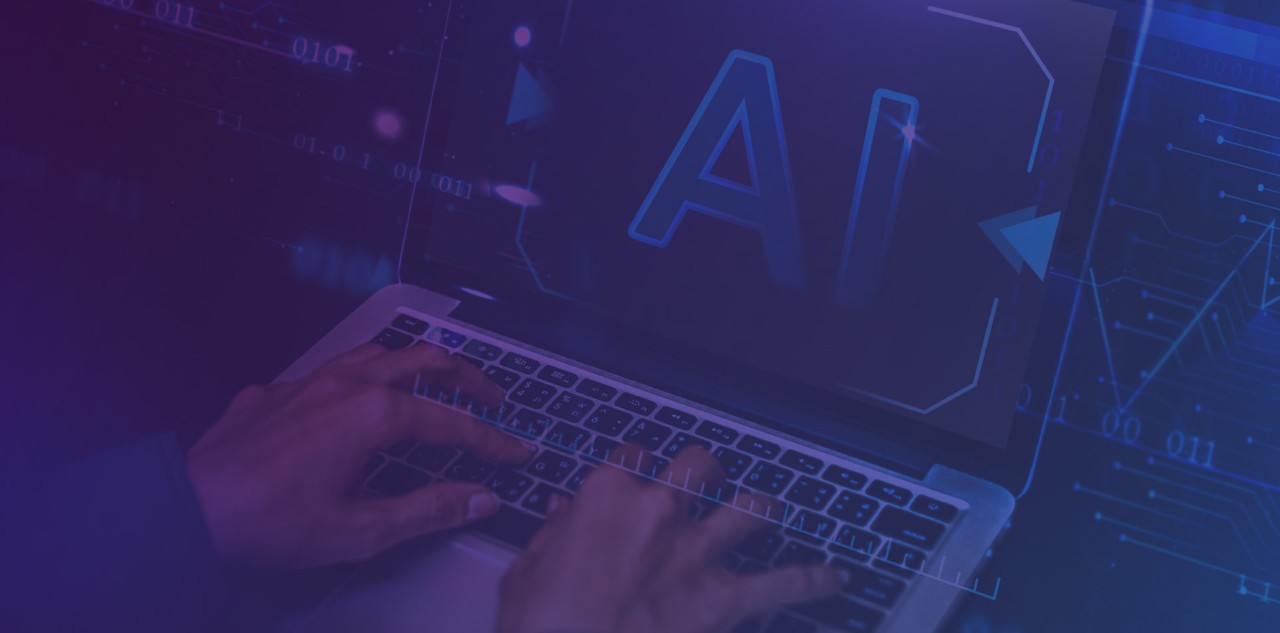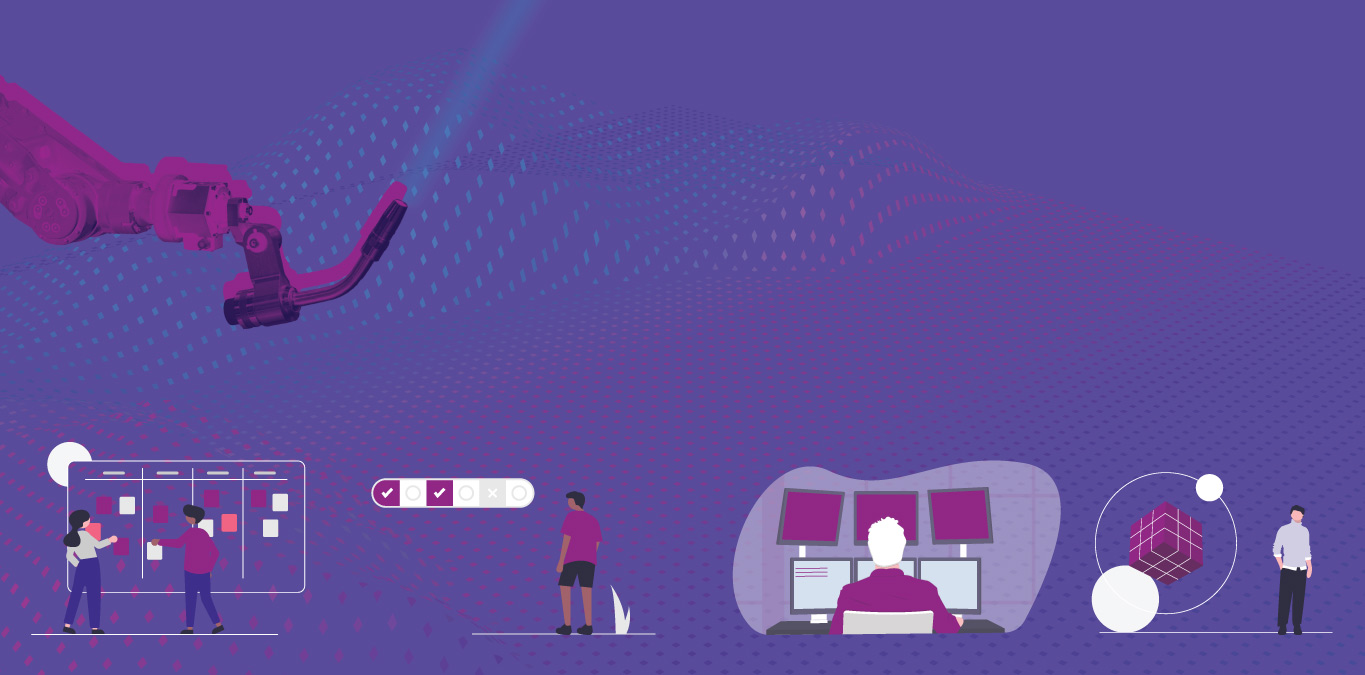We’re operating in a transformed business landscape, with increased remote working, a greater number of connected devices, and an increased use of public cloud environments. For businesses to succeed in this environment, a new approach to cybersecurity has become a necessity.
While businesses needed to embrace remote working in response to social distancing measures in 2020, this shift has also introduced new levels of cyber risks.
As a result, business survival will, in some instances, depend on companies adopting a best practice approach to cybersecurity, embracing the very latest tools and techniques for preventing, detecting and responding to security breaches.
This will be necessary to tackle the scale of the problem, with a cyberattack now taking place in the EU every second. As a result, companies not only potentially face huge direct costs because of data loss and data leaks, but also significant reputational damage.
The evidence suggests most businesses still have work to do when it comes to preventing these attacks. Some 98% of the IT systems we have tested have had critical vulnerabilities. At the same time, 95% of the owners and IT directors of these companies believed that they did not have any major security problems in their infrastructure.
The first step – culture change
An important first step in rising to this challenge is changing the culture of businesses. Senior business and cybersecurity leaders need to acknowledge the scale of the problem, as well as its potential consequences, and recognize that they are ultimately working toward the same goals. With a more effective approach to discussing cybersecurity issues, it’s possible for businesses to plan for a way of working in which companies are never compromising between innovation and security.
Developing a new posture
This cultural shift can drive a smarter approach to cybersecurity, with businesses able to act in a way that is more adaptive and collaborative.
This enables businesses to begin working effectively to proactively identify vulnerabilities within their IT infrastructures and computer systems, addressing these before they can be exploited by bad actors. This includes penetration testing, in which ethical hackers test an organization’s IT infrastructure by simulating controlled cyberattacks.
Working with expert partners that provide these services can also mean gaining access to threat intelligence, offering insight into existing and emerging threats, allowing companies to take action against attacks before they happen.
Building resilience for the future
Ultimately, an effective cybersecurity posture is developed through the right combination of tools, techniques and approaches, including a proactive approach that makes use of ethical hacking and penetration testing.
The shift towards remote working and the more connected business landscape has changed the scale of the risk businesses face. Fortunately, the cybersecurity industry has extensive experience when it comes to adapting in face of evolving threats. Businesses with the willingness to work collaboratively and embrace new technologies and tools will be well positioned to succeed in the new landscape.
Identifying vulnerabilities with ethical hacking
The most effective way to prevent a successful breach of your IT infrastructure is to proactively identify the vulnerabilities in your IT infrastructure and computer systems before they are discovered and exploited by bad actors.
Get in touch to discuss how our team of expert ethical hackers can simulate a cyberattack, uncover where vulnerabilities might exist and enable you to address these before hackers can launch an attack.




















